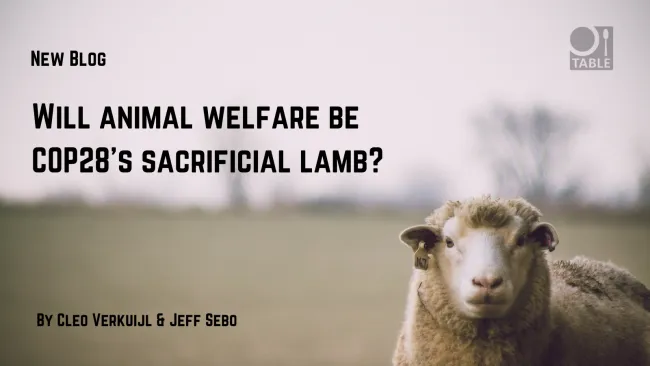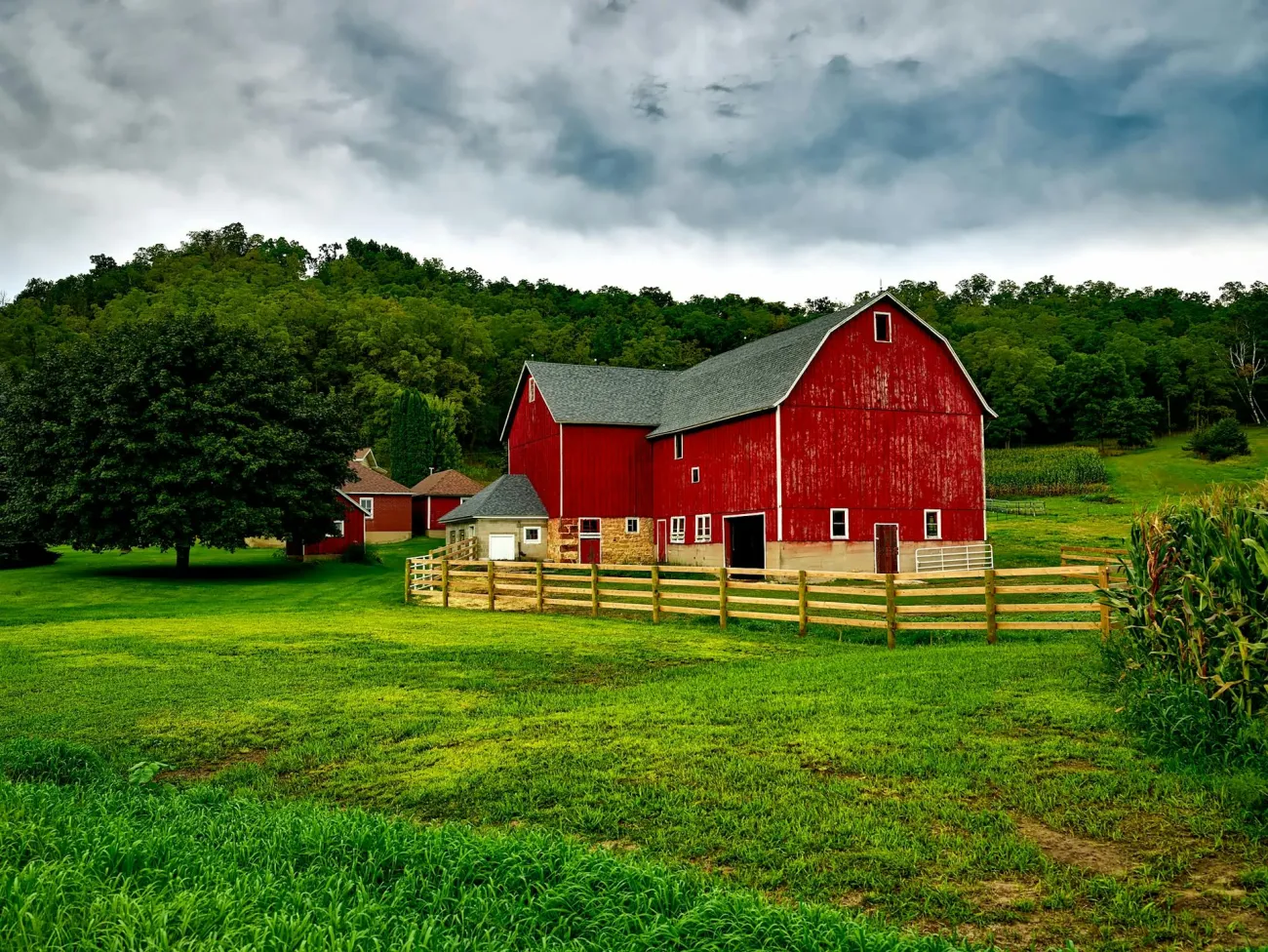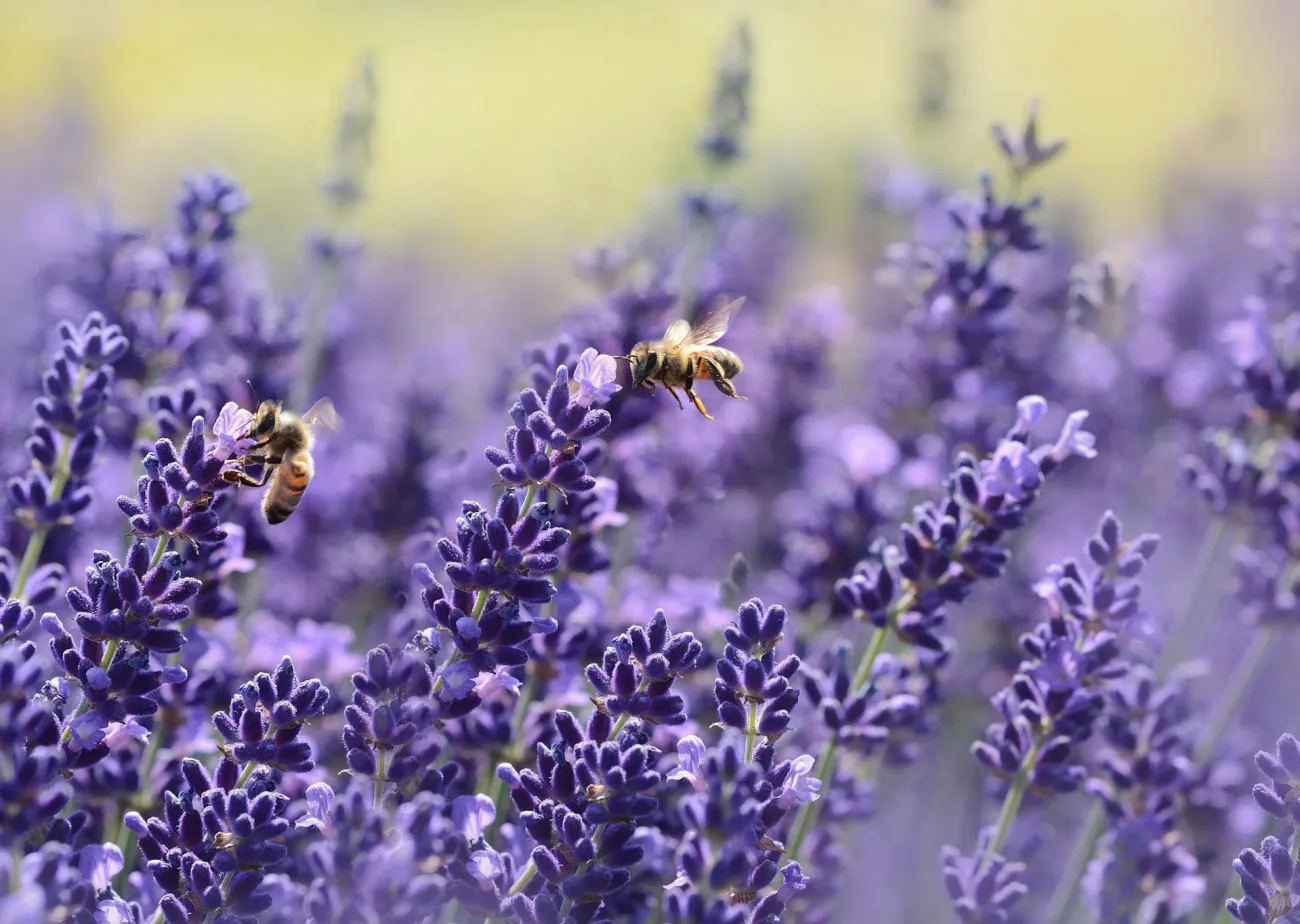As many welcome the novel spotlight on food systems at COP28, the UN Climate Change Conference taking place in the United Arab Emirates this month, authors Cleo Verkuijl and Jeff Sebo call for a renewed focus on animal welfare and the ethical price being paid for a narrow and inattentive focus on emissions reduction.
About the authors: Cleo Verkuijl is a scientist at the Stockholm Environment Institute US and a visiting research fellow at Harvard Law School’s Animal Law and Policy Programme. She has served as a coordinating lead author of three UN climate policy assessments. Jeff Sebo is Associate Professor of Environmental Studies, Affiliated Professor of Bioethics, Medical Ethics, Philosophy, and Law, Director of the Animal Studies M.A. Program, Director of the Mind, Ethics, and Policy Program, and Co-Director of the Wild Animal Welfare Program at New York University. His most recent book is Saving Animals, Saving Ourselves.

As the global community looks towards COP28, the UN Climate Change Conference taking place in the United Arab Emirates this month, many commentators have welcomed the conference’s intention to spotlight the food system’s role in the climate crisis.
It is high time that the climate talks holistically address the sector responsible for nearly a third of global emissions, particularly through the disproportionate impacts of animal agriculture. But there is a growing risk that interventions to cut greenhouse gas emissions from farmed animals will undermine these animals’ welfare as well as introducing new public health threats such as zoonoses. There is an urgent need for integrated policies that safeguard the wellbeing of both humans and animals.
With animal agriculture responsible for around 15% of greenhouse gas emissions, the stark reality is the world will be unable to meet its climate targets if animal agriculture’s growth trajectory continues, even if emissions from fossil fuels drop to zero. To change course, we need a spectrum of interventions to significantly reduce the scale and change the methods used in animal agriculture.
Food and energy systems transformations share important similarities - but also crucial differences
Food and energy system transformation thus have a lot in common. We need aggressive reform in both sectors to meet current climate targets. And in both sectors, reform must reflect the very different social and economic realities of different regions. Richer countries consume much more meat and energy per capita than poorer countries and so they must be the first to curb their appetite for these products.
But animal agriculture’s transition also differs from the energy transition in at least one important way: it centres around living, sentient beings. Each year, more than 80 billion land animals, and many more aquatic animals, are raised and killed for meat. Despite this reality, animal welfare has received no attention in international climate policy to date.
This narrow focus overlooks our ethical responsibility to give at least some consideration to the wellbeing of other species. We are constantly learning more about the rich inner lives of farmed animals: from pigs’ ability to defuse conflicts, to chickens' intricate social structures and fishes’ considerable problem-solving skills. As involuntary subjects of climate policies, their wellbeing merits attention, too.
What is more, the fates of humans and animals are often inextricably intertwined, as recognised by the One Health approach and a recent decision on animal welfare from the UN’s main environmental body. Consider, for instance, that three-quarters of new or emerging infectious diseases in humans are zoonotic, originating in animals. With over 70% of antimicrobials used in animals raised for food, the sector also plays a disproportionate role in drug-resistant infections that are claiming millions of lives each year.
Certain approaches to reduce emissions from farmed animals can exacerbate risks to animal welfare and public health
Such connections underscore the need to take a holistic approach to our food systems. But concerningly, many of the solutions being pursued to reduce emissions from animal agriculture risk introducing new harms to both animal welfare and public health.
Consider "sustainable intensification," which aims to maintain or increase output without expanding land use or emissions. At first glance, this strategy appears to balance efficiency with sustainability. Yet it often leads to practices with harmful or unknown impacts on animal welfare, including genetic modification, intensive confinement, feed changes, and microbiome changes.
Moreover, crowding animals together in small spaces can exacerbate the emergence of zoonoses — creating new pandemic risks. This is partly because when larger numbers of animals are closer together, they are more likely to spread diseases. It is also because living in such conditions increases stress, which weakens animals’ immune systems and makes them more vulnerable to diseases.
Likewise, consider “species shift,” which aims to replace the use of higher-emission animals like cows with the use of lower-emission animals like chickens and “blue foods” like fishes. For example, while per capita consumption in kg of meat has fallen in Germany in recent years, the number of animals farmed per person has gone up as people switch from red meat to white. While such changes might reduce emissions, they also increase suffering, since chicken and fish farming kill many more individuals per meal than cow farming, and they also tend to treat these individuals much worse.
Clearly, exchanging one set of problems for another in this way cannot be labelled true progress. We must challenge ourselves to innovate in ways that align with both environmental sustainability and ethical responsibility.
Advancing holistic policy solutions at COP28
So how can COP28 make progress towards holistic thinking about food system reform?
First, its policy outcomes and private sector initiatives can unequivocally recognize the need to consider animal welfare in solutions to tackle emissions from animal agriculture. This includes the COP Presidency’s expected declaration on climate action and the food system, and the UN Food and Agriculture body’s awaited roadmap on aligning our food system with international climate targets.
Second, the UN can encourage a shift towards plant-based food systems that produce win-win-win outcomes for humans, animals, and the environment. There is clear evidence that eating fewer animals and more plants would not only spare billions of animals per year but also substantially improve human health in many settings and decrease deforestation, water use, and greenhouse gas emissions.
Scaling up the investment in alternative proteins – such as plant-based meat substitutes, cultivated meat, and fermentation-derived products – may also help reduce environmental and health impacts while alleviating the immense suffering inflicted on animals in factory farms.
As world leaders convene at COP 28, it is critical they recognize that the fates of humans, animals, and the planet are intertwined. Food systems reform is a matter of urgency – but the momentum to lower emissions must not trample on animal welfare.




Comments (0)